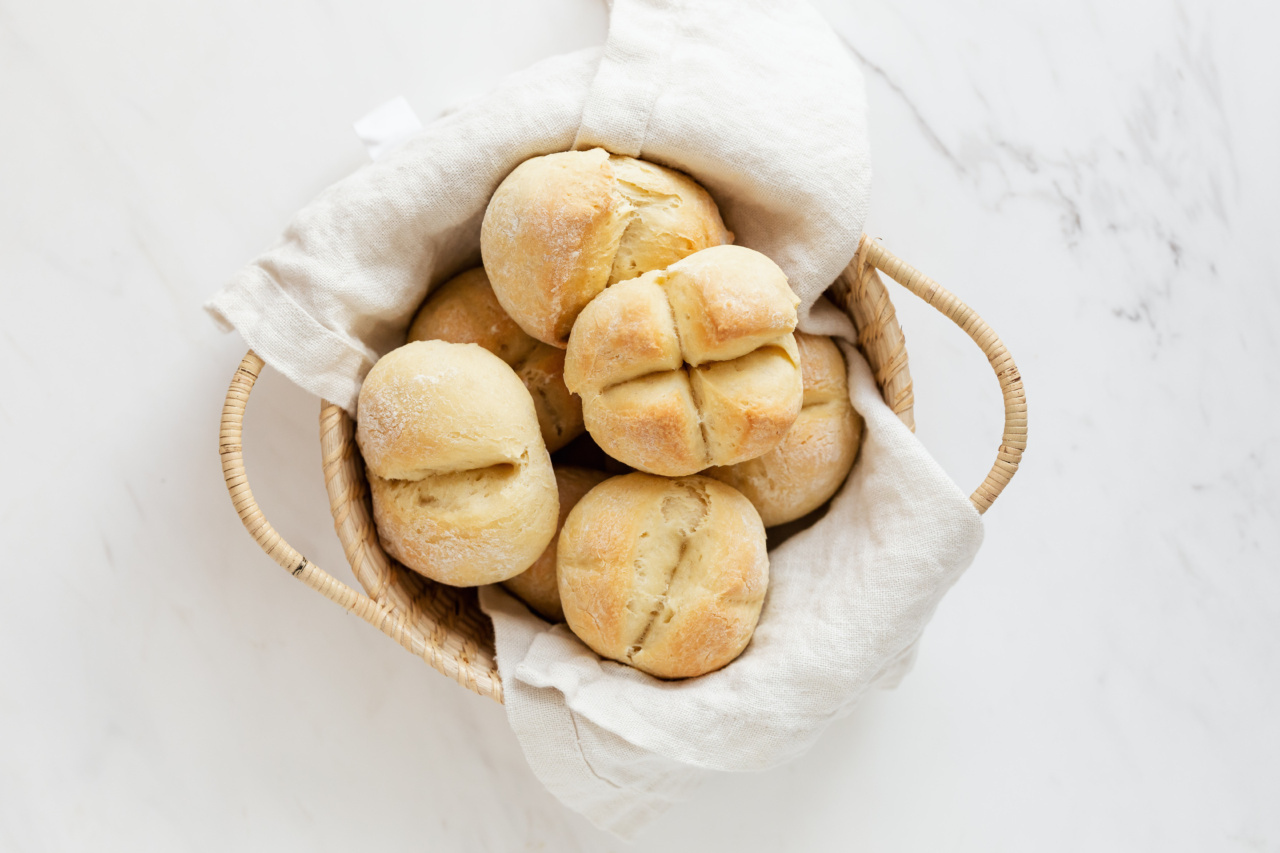White bread is often demonized as a nutritional villain and is often associated with unhealthy eating habits. However, banning white bread from your diet may not be the best decision for everyone.
Contrary to popular belief, white bread can be part of a balanced diet and has its own set of benefits. In this article, we will delve into why you shouldn’t completely remove white bread from your diet.
1. A Good Source of Energy
White bread is primarily made from refined wheat flour, which gets digested quickly, providing a rapid energy boost.
This makes it an excellent option for individuals needing quick energy, such as athletes or those engaging in intense physical activities. The readily available carbohydrates in white bread can be quickly converted into glucose, providing instant fuel for your body.
2. Enriched with Essential Nutrients
Many commercially available white breads are fortified with essential nutrients. These nutrients include folate, iron, and B vitamins such as thiamin, riboflavin, and niacin.
These additions enhance the nutritional profile of white bread, making it a healthier option compared to bread made solely from refined flour. Fortified white bread can be an easy way to increase your intake of these essential nutrients.
3. Dietary Convenience
White bread is widely accessible and can be a convenient addition to your diet. It is often cheaper and more widely available than whole grain or specialty bread.
Its versatility allows you to use it for various dishes, including sandwiches, toast, and as an accompaniment to soups and stews. The convenience of white bread makes it an attractive option for busy individuals or those on a tight budget.
4. Improved Digestibility
White bread goes through extensive processing, which removes the outer bran and germ layers of the wheat grain. As a result, white bread has a softer texture and is easier to digest compared to whole grain bread.
This can be beneficial for people with digestive issues or those who have difficulty digesting fiber-rich foods.
5. Cultural and Culinary Significance
White bread holds cultural and culinary significance in various cuisines around the world. It is an integral part of many traditional dishes, such as French baguettes, Italian ciabatta, and Indian naan.
Removing white bread from your diet may lead to missing out on these cultural experiences and the enjoyment they can bring.
6. Moderation is Key
Instead of completely eliminating white bread from your diet, the key lies in moderation. While white bread can be enjoyed as part of a balanced diet, it is important to be mindful of portion sizes and the overall composition of your meals.
Combining white bread with other nutrient-dense foods such as lean proteins, vegetables, and healthy fats can help create a more balanced meal.
7. Whole Grain Alternatives
If you are concerned about the potential disadvantages of consuming white bread, consider exploring whole grain alternatives.
Whole grain breads retain the bran and germ layers of the grain, providing more fiber, vitamins, and minerals compared to refined bread. This makes them a healthier choice for individuals aiming to improve their overall dietary quality.
8. Personal Tolerance and Preferences
Each person’s tolerance and preferences to certain foods vary. Some individuals may experience adverse effects, such as bloating or digestive discomfort, when consuming white bread, while others may have no issues.
It is important to listen to your body and make dietary choices based on your own personal tolerance and preferences.
9. Flexibility in Dietary Diversity
Having white bread as part of your diet can provide flexibility in terms of dietary diversity. It allows you to include a wider range of ingredients and flavors in your meals.
The inclusion of white bread can make it easier to meet your overall energy and nutritional needs while still enjoying the foods you love.
10. Mindful Consumption and Overall Diet Quality
Ultimately, the impact of white bread on your health and well-being depends on your overall dietary pattern and lifestyle choices.
Consuming white bread mindfully as part of a diverse and balanced diet is unlikely to have significant negative effects on your health. Focus on maintaining a diet that is rich in fruits, vegetables, lean proteins, and whole grains to ensure optimal nutrition.





























